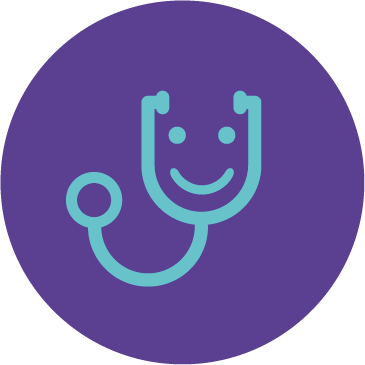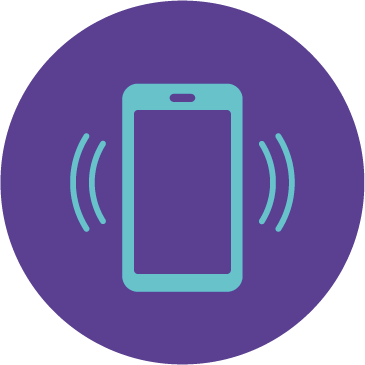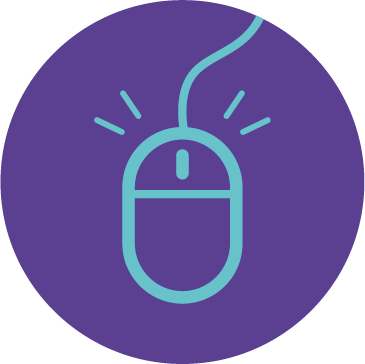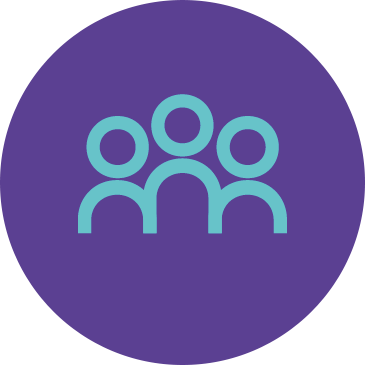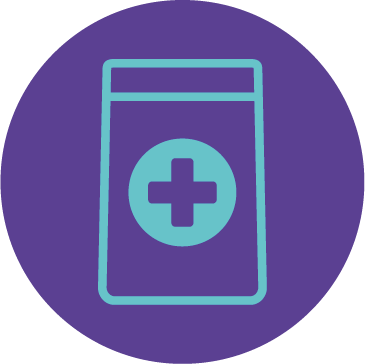
Chronic Kidney Disease (CKD)
We are currently reviewing patient records to ensure all coding and diagnoses are up to date. One area we are concentrating on is identifying patients with Chronic kidney disease (CKD). Although this term sounds scary, it is generally not something to worry about. Patient’s may receive a letter inviting them to have blood tests or arrange a routine review.
What is CKD?
CKD is a long-term condition where the kidneys do not work as well as they should. It's a common condition often associated with getting older. Over time, your kidney function can gradually decline. CKD can slowly get worse over time but we monitor this by checking blood pressure, blood and a urine tests at regular intervals.
Are there any symptoms?
There are usually no symptoms of kidney disease in the early stages. It may only be diagnosed if you have a blood or urine test for another reason and the results show a possible problem with your kidneys.
Why has it not been picked up before?
The diagnosis can be made (and code added to your records) when you have had three or more kidney blood tests in the mildly abnormal range. We specifically look for a marker called eGFR, levels <60 would indicate CKD. It is useful to have results 3 months apart to look for a trend or pattern. Kidney tests can go up and down depending on how much water you drink, medication you take and if you have recently been unwell. It may not have been picked up as your kidney test has been very stable and only mildly outside of normal range.
Why is it important I know about CKD?
CKD is generally a mild condition with no or few symptoms, it is very rare that CKD progresses to kidney failure (around 2 in 100 people with the condition). If you have CKD, even if it's mild, you're at an increased risk of developing other problems, such as cardiovascular disease (this is a group of conditions affecting the heart and blood vessels, which includes heart attacks and stroke).
It may be that lifestyle changes help you to remain as healthy as possible. Sometimes we recommend medication to reduce your risk of cardiovascular problems e.g. blood pressure or cholesterol medication.
What do I need to do next?
Nothing, we will contact you to arrange a review over the next year - on or around your birthday month. You will be asked to have some bloods, do a urine test and submit a blood pressure reading (if these have not been completed in the last 12 months).
There is information on the NHS website about useful lifestyle measures that can reduce the impact of CKD on your health, visit the website here.


